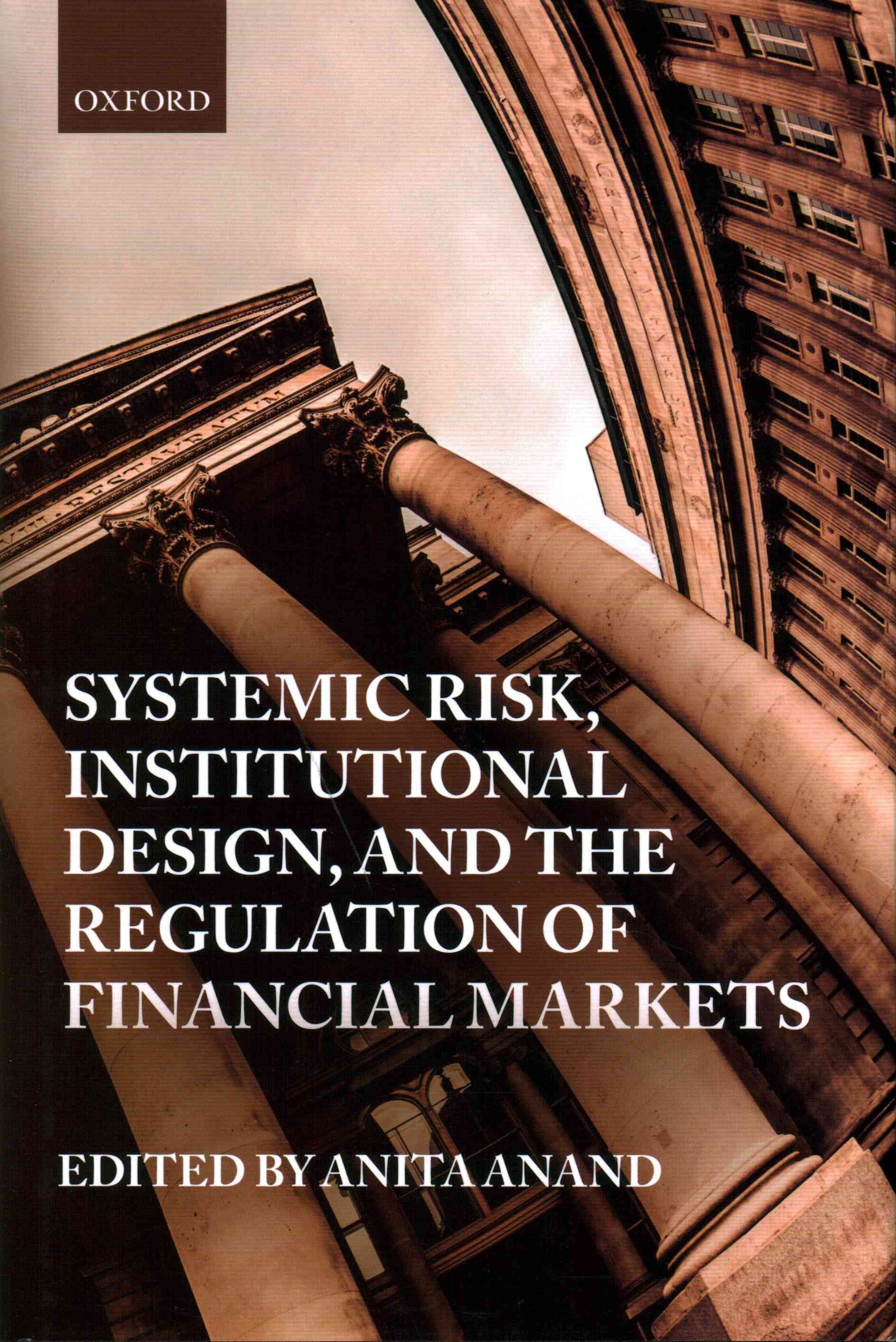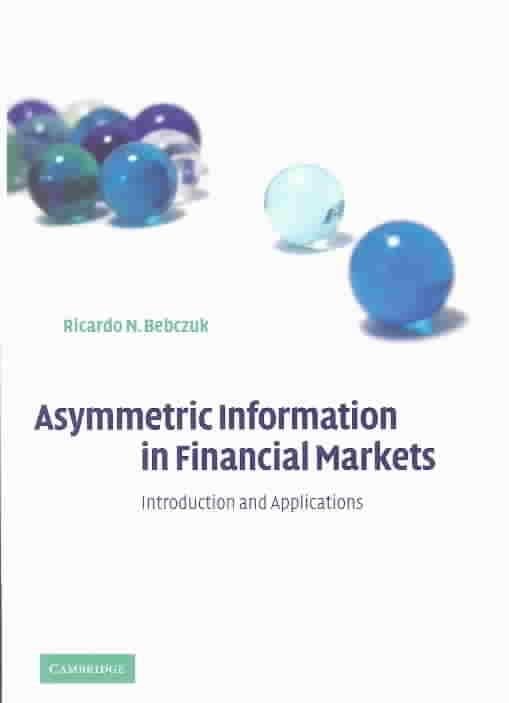Following the recent financial crisis, regulators have been preoccupied with the concept of systemic risk in financial markets, believing that such risk could cause the markets that they oversee to implode. At the same time, they have demonstrated a certain inability to develop and implement comprehensive policies to address systemic risk. This inability is due not only to the indeterminacy inherent in the term ‘systemic risk’ but also to existing institutional structures which, because of their existing legal mandates, ultimately make it difficult to monitor and regulate systemic risk across an entire economic system. Bringing together leading figures in the field of financial regulation, this collection of essays explores the related concepts of systemic risk and institutional design of financial markets, responding to a number of questions: In terms of systemic risk, what precisely is the problem and what can be done about it? How should systemic risk be regulated? What should be the role of the central bank, banking authorities, and securities regulators? Should countries implement a macroprudential regulator? If not, how is macroprudential regulation to be addressed within their respective legislative schemes? What policy mechanisms can be employed when developing regulation relating to financial markets? A significant and timely examination of one of the most intractable challenges posed to financial regulation.












